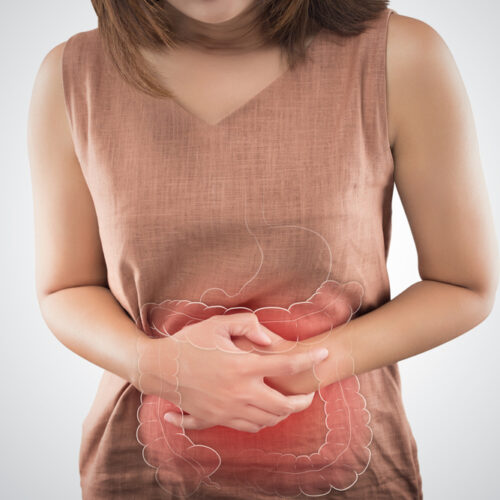Food facts to manage COPD
If you have been diagnosed with chronic obstructive pulmonary disease (COPD), then the first thing that a medical practitioner will advise you on, apart from medication, is to adopt a healthy and nutritious diet. Given the difficulty with breathing, the amount of muscle used is more than the normal amount and therefore the body needs more energy to cope up with the effects of COPD than those who do not have this condition.

Add in whole grains to your diet
Instead of going with your regular refined carbohydrates it is important to switch to whole grains as they are high in fiber content and give you the required nutrition. Eating high-carb foods can end up pressurizing your lungs due to the stress from carb ingestion. Some of the best choices of whole grains are – millet, quinoa, and bulgur.
Switch over to low-fat milk
When you consume low-fat milk, you are essentially getting the healthy fats along with calcium, proteins, and Vitamin D that your body needs. Instead of having to swear by milk, you can always add in fresh yogurt that is unsweetened with a bowl of fruits to pack in nutrients into your body.
Make sure to add in more healthy fats
Whether you are worried about your lungs or its just about losing weight, you need to have enough healthy fats that will boost your body’s functioning. Instead of going with the regular saturated fats, consciously decide to pick on omega-3 fatty acids, polyunsaturated fats, or monounsaturated fats. Some of the best sources for your COPD diet are – fatty cold water fishes, avocados, olive oil, eggs, and nuts.
Increase the intake of fruits and vegetables
Fruits and vegetables are not only for a COPD specific diet but also great for boosting your overall health as well. They supply all the depleted nutrients and vitamins that your body requires. Check-in with your dietician to decide which vegetables or fruits are best for your health.
In addition to these top 4 tips, other important facts and practices you need to be following if you have COPD are as follows:
- Add in more of beans
- Switch over to high-calorie foods in nuts for snacks
- Consume lean proteins
- Make sure you add in Vitamin D rich foods
- Add in as much water and fluids to stay hydrated
- Switch over to small meals pattern rather than binging
In addition to this, you can also research on various COPD facts that will help you to manage the condition. You can also consult your doctor for certain facts of COPD that will help curb the effects of the symptoms.











